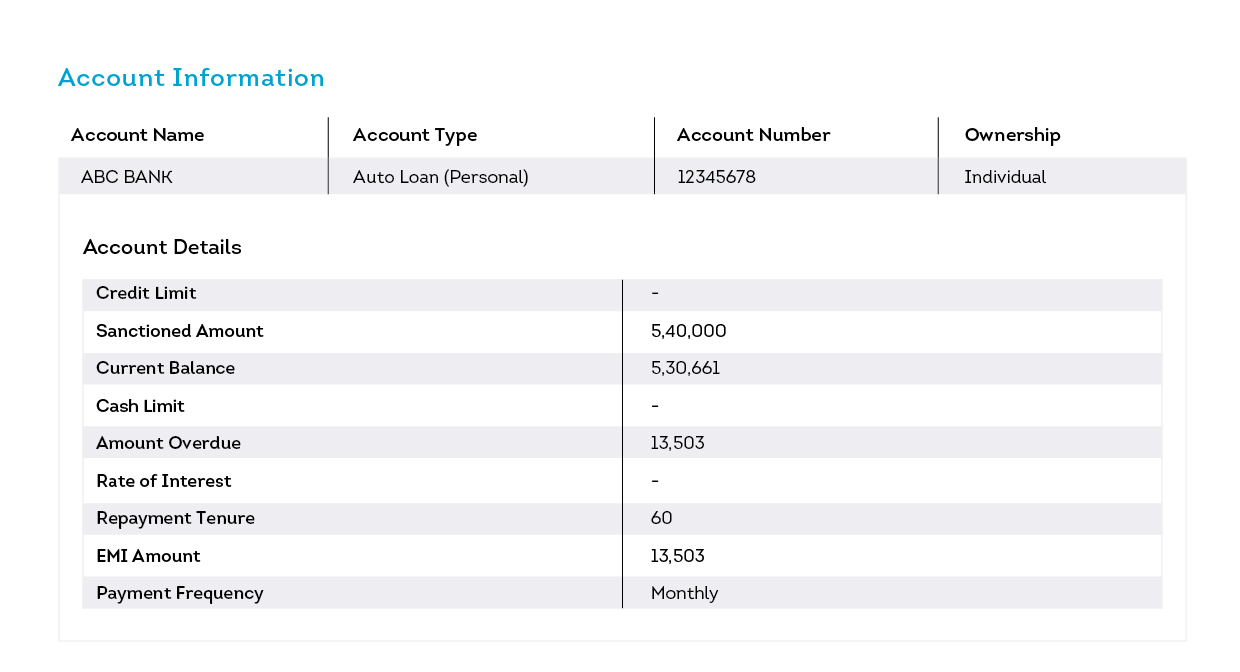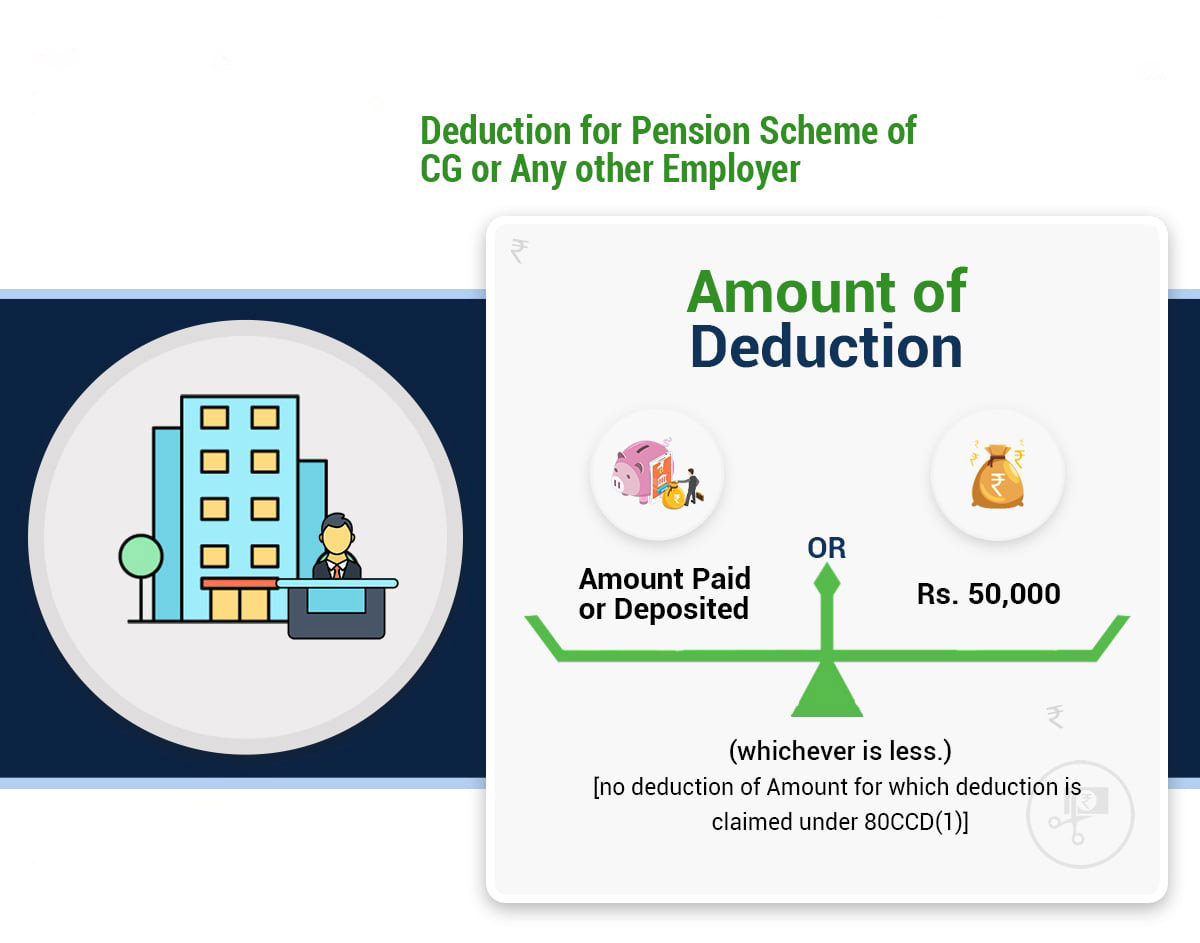

Finance
What It Takes to Manage Your Own Finances
Published: February 20, 2024
Discover essential strategies for effective personal finance management, including budgeting, saving, investing, and planning for financial security.
(Many of the links in this article redirect to a specific reviewed product. Your purchase of these products through affiliate links helps to generate commission for LiveWell, at no extra cost. Learn more)
Table of Contents
Have you determined that 2024 is going to be the year that you get your finances in order and start working towards a financial goal? Whether you want to save for something specific, pay down debt, or simply build a nest egg, your financial dreams may be more achievable than you think.
Use the guide below to get started managing your finances and getting your monetary house in order to improve your budgeting and successfully reach your goals.
Be Realistic and Get the Full Picture
To manage your own finances well – and be best able to work towards a financial goal – you need to first of all get the full picture of your current financial position. This means being realistic about exactly what funds you have both coming in and going out.
Create a document or a spreadsheet that fully details all your income and expenses. Don’t forget odd payments that may leave your bank account every three or six months, and be sure to add the average amount of money you spend each month on entertainment, new clothes, and subscriptions, for example.
Create a Budget
Creating a budget is an essential element of staying on top of your finances and successfully working towards your goals. Use the financial details you’ve gathered from the step above to make a realistic budget that takes into account all of your income and expenses.
A budget plan will allow you to see exactly where your money is going each month and look ahead to one-off bills or future payments. This is the foundation from which you’ll be able to set achievable financial goals.
Set a Financial Goal or Two
The next stage in managing your finances is setting one or more money-related goals. These could be putting 10% of your income (after expenses) into savings every month as a retirement pot or paying down all your credit card debt within two years.
Many experts recommend using the SMART goal-setting system when creating a financial goal. This stands for goals that are Specific, Measurable, Achievable, Relevant, and Time-Bound and can be a key way to ensure success. The best SMART goals have built-in milestones to hit on the journey, which is great for keeping motivation high.
Cutting Back on Expenses
As part of managing your finances and hitting your financial goals, it’s likely that cutting your expenses will help. Some easy ways include committing to preparing more meals at home, joining a carpool scheme at work, and adjusting the settings on your home smart meter to ensure that your energy use is as efficient as possible.
Be careful, though, regarding the expenses you cut. It may be tempting to cancel insurance policies to save on the monthly premiums, but this could spell disaster if an unexpected event occurs. An injured pet and subsequent major vet bill could seriously scupper your financial plans, putting you in the red. And serious damage to your sofa (meaning you need to purchase a replacement) is likely to significantly impact your ability to save; bear in mind that renters insurance is inexpensive, and it’s usually not worth the risk that comes with canceling a policy.
Build a Contingency Fund
Making one of your goals building a contingency fund is a great idea. This way, should an unexpected event occur, you’ve got a safety net. Start by trying to save $1,000 in a contingency fund, and continue to build this amount if you can. As well as providing some protection should an unforeseen emergency occur, a contingency fund helps to alleviate money-related stress and give you peace of mind regarding the future.
Monitoring Progress
As part of your financial planning and management, be sure to review your progress on a regular basis – perhaps once every month or every three months. This will allow you to make any tweaks necessary. If one of your goals is paying down credit card debt, you’re likely to have more money in your pocket as you pay off the interest charges. By monitoring your financial situation regularly, you’ll be able to promptly divert such funds to support a further goal, such as your retirement pot.
On the flip side, keeping a close eye on your progress means that, should your budgeting plan prove untenable (or your expenses increase), you’ll be able to spot the issue fast and take action to prevent things from spiraling.
The Takeaway: Making Managing Your Finances Easy
What does it take to manage your own finances? Most importantly, you need the dedication and commitment to take a clear-eyed look at your income and expenses, create a budget (and stick to it), and set one or more achievable financial goals. From here, you’ll be in a great position to be more efficient in your spending, save money, and work towards your aims. Don’t forget to schedule in time to regularly monitor your plans, to check that your progress towards your financial goals remains on track.














